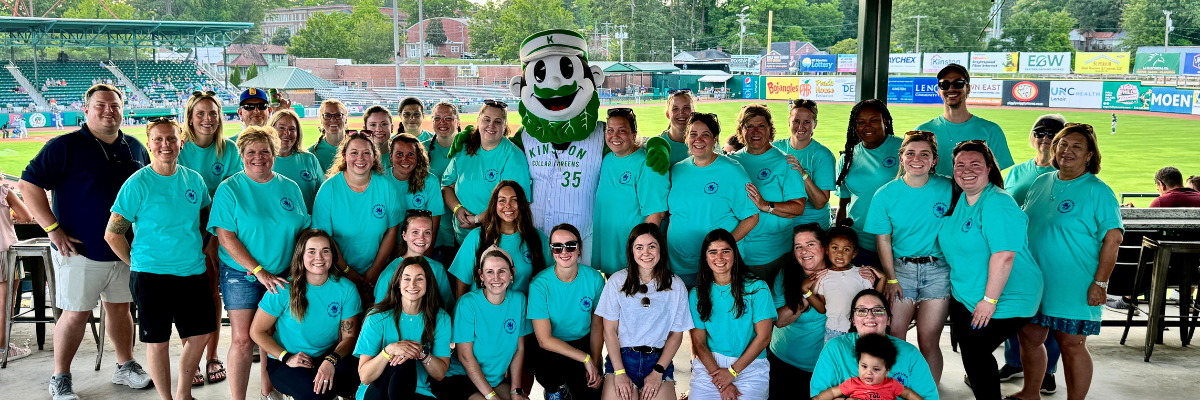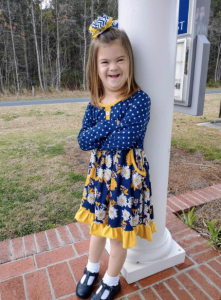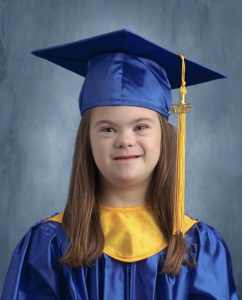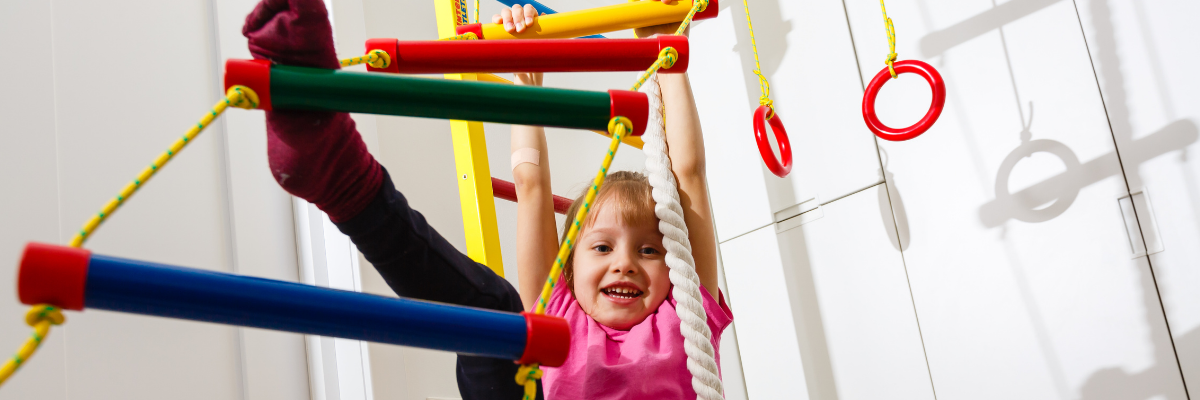The Pyramid of Learning

The Pyramid of Learning was developed by Occupational Therapist Kathleen Taylor and Special Educator Maryann Trott. The Pyramid of Learning is an easy-to-understand illustration that depicts a general idea of a child’s foundational skills, and what other skills build upon those. Think about it: You can’t place stones on the top until the foundation stones are in place… every block relies on the ones underneath to be strong and stable. This pyramid explains why the sensory systems are so incredibly important to support academic learning. In other words, kids NEED routine sensory input for their bodies and their brain! Our central nervous system processes and organizes the sensory information we put into it each day. Adequate sensorimotor development for things like motor planning, postural security and body awareness are built on adequate modulation and processing of sensory information that we take in every day! Sensory input can be anything such as, smells, tastes, sounds, movements, pressure, and textures.
When a child is referred to occupational therapy, it is usually for things like attention to task, handwriting difficulties, picky eating, self-care tasks, tolerating routine changes, or school readiness skills. These functional difficulties are in the “Cognition and Intellect” categories at the top of the learning pyramid. The role of an occupational therapist is to determine underlying causes of these issues and utilize specific interventions to address them. Often times, it is hard for parents to fully understand why their child is not performing at the level at which they would like them to be. Some parents may see their child become frustrated when they are trying their best to be compliant, listen and learn, but their sensory processing abilities are hindering them. These frustrations root from the child working throughout the day just to do the simple things, the things that should be automatic and unconscious for them. This may include things like listening to the teacher, keeping their balance on the stairs, standing close to their friends in line, trying a new snack, or engaging in messy play. It all begins at the bottom of the pyramid!
Understanding Our Sensory Systems
- Proprioception is our ability to sense the location, positioning, and movements of our body and its limbs. It allows us to navigate a crowded area without bumping into people and furniture in our path.
- Vestibular sensation is housed in our inner ears and uses gravity to sense spatial orientation and movement. This system is responsible for maintaining balance during movement. If you or child is a victim of motion sickness, you have the vestibular system to blame!
- Tactile sensation comes from receptors in our skin found all over the body. Tactile sensation includes sensations of pain, temperature, pressure, and textures.
- Gustatory includes specific tastes (spicy, sweet, minty, bitter) and specific textures (crunchy, chewy, mushy). Taste also involves knowing the difference between food items and non-food items.
- Olfactory or smells involve the ability to distinguish, detect, tolerate and object certain scents.
- Visual includes noticing and tolerating visual patterns, colors, shapes, bright and dimmed lights and moving objects.
- Auditory involves the ability to distinguish and tolerate loud sounds (fire alarms, sirens or loud music) and soft sounds (finger snapping, repetitive tapping, hearing others breathing).
How Sensory Processing Difficulties Affect Behavior
As a parent, it can be difficult when our children are having difficulty with negative behaviors. Let’s say that you receive a call from your child’s school reporting that they often seem distracted and don’t pay attention in class, bump into kids in the lunch line, can’t hold a pencil correctly, become upset when asked to switch from one activity to another, or melt down during circle time. Although these seem like behaviors that are caused by the child seeking attention or not getting their way, sometimes it can root from difficulty with sensory input. It is important for parents to work with an occupational therapist in determining the root of the problem. Sensory integration therapy or a sensory diet may be the key to diminishing these behaviors. Sometimes, just some simple routine changes can allow the child to regulate themselves. Regardless, it is important to have an occupational therapist on your team to help make those adjustments.
Sensory Integration
Sensory integration refers to how your body recognizes, processes, and responds to information received by our sensory systems on an individual and combined level. This includes our traditional 5 senses, sight, touch, taste, smell, and hearing; however, we also have proprioceptive and vestibular sensory systems. Occupational therapists use sensory integration therapy by exposing a child to sensory stimulation in a structured and organized way. The goal of sensory integration therapy is to adapt the child’s brain and nervous system to process sensory information more efficiently. The OT may use a sensory gym to engage the child in these repetitive and stimulating activities.
Sensory Integration Strategies
- Messy play – mud, dirt, water, food play, finger paints, shaving cream, bath bubbles, etc.
- Noise cancelling headphones or ear plugs
- Window shades or adjustable lights
- Include your child in meal preparation process – encourage them to help whether with their hands or using cooking utensils to interact with the many food textures and smells
- Food play – Encourage your child to interact with new foods in the most basic manner; the SOS Feeding Approach, used commonly by Occupational Therapists, encourages the following progression with new foods: See –> Touch –> Kiss –> Lick –> Taste –> Chew & Swallow. It is important to allow your child to move at their own pace and allow them to clean off hands or spit out food at any point along the continuum.
- Sensory toys – check out Ark Therapeutic, a leading manufacturer of innovative therapy tools and special needs products! They have great sensory toys, chews and fidgets that can help your child deal with sensory overload.
- Finger painting – also try bathtub paint to reduce mess and give child control over cleaning off their hands
- Listening to music
- Having a clear visual schedule posted with plenty of preparation for transitions.
- Providing sensory breaks such as walking in circles, jumping on a mini-trampoline and sucking on sour candy.
- For the child who needs to move a bit, you might try an inflated seated cushion or a pillow from home so they can both squirm and stay in their seat.
How can Carolina Therapy Connection help?
At Carolina Therapy Connection, we offer Sensory Integration Therapy and play-based treatment intervention that is specifically designed to stimulate and challenge all of the senses. Sensory Integration involves specific sensory activities (swinging, bouncing, brushing, and more) that are intended to help your child regulate his or her response to incoming sensory input. The outcome of these activities may be better focus and attention, improved behavior, and even lowered anxiety. Our therapists may work on lowering a patient’s negative reactions to touch, help them become better aware of their body in space, and work on their ability to manage their bodies more appropriately (run and jump when it’s time to run and jump, sit and focus when it’s time to sit and focus, etc.). Various techniques include swinging, deep pressure therapy, which may include squeezing, rolling, etc., jumping on a trampoline, or gross motor play such as wall climbing, balance beam, etc.
Carolina Therapy Connection now has the largest and most state-of-the-art sensory gym in all of Eastern North Carolina! Check out our 360° view of our sensory gym HERE. Our sensory gym is fully equipped with a zip-line, monkey bars, slides, scooter board ramps, ball pit, trampolines, rock climbing wall, and an expansive set of swings to offer a wide-variety of sensory experiences for each child.
If you have any questions or would like to schedule a screening for your child, call our clinic at (252) 341-9944 to learn more about what you can do and how we can help!
References:
Pyramid of Learning by Taylor and Trott (1991)
Amy Hathaway, OTR/L DEVELOP, LEARN, GROW
Kids First Children’s Services





















